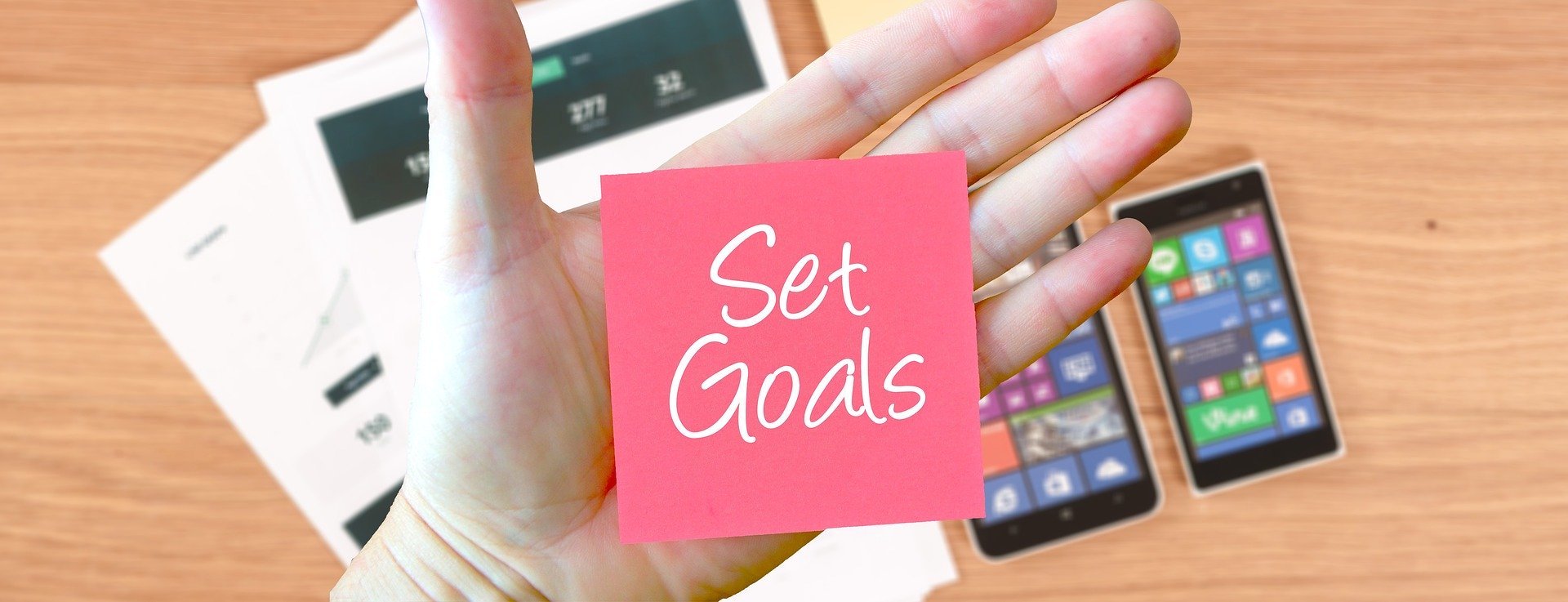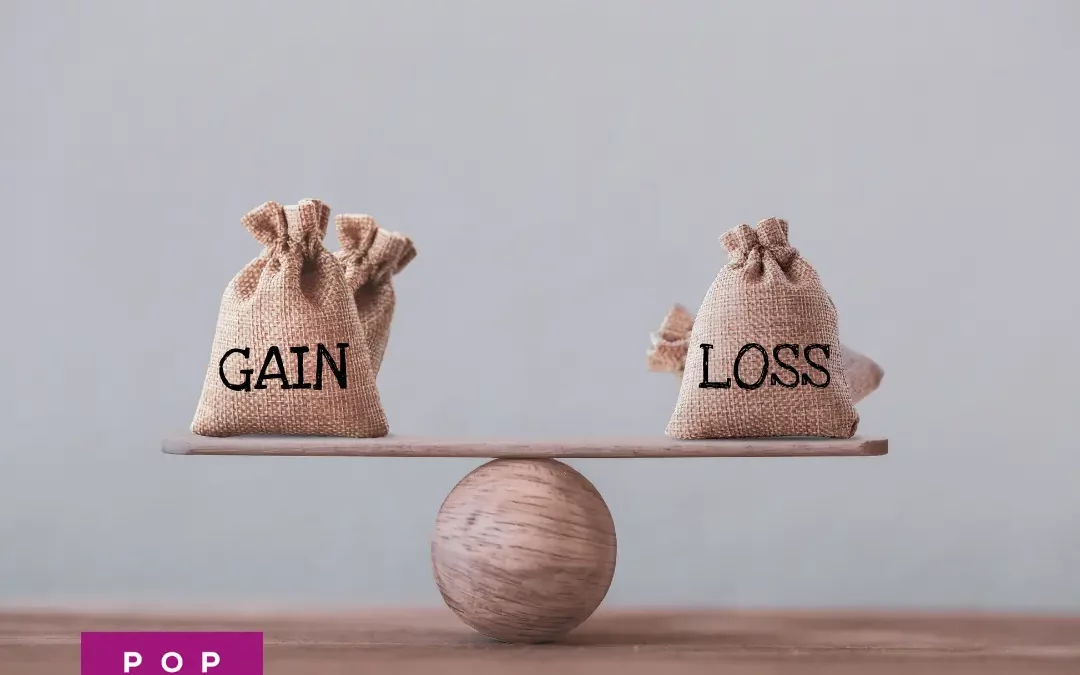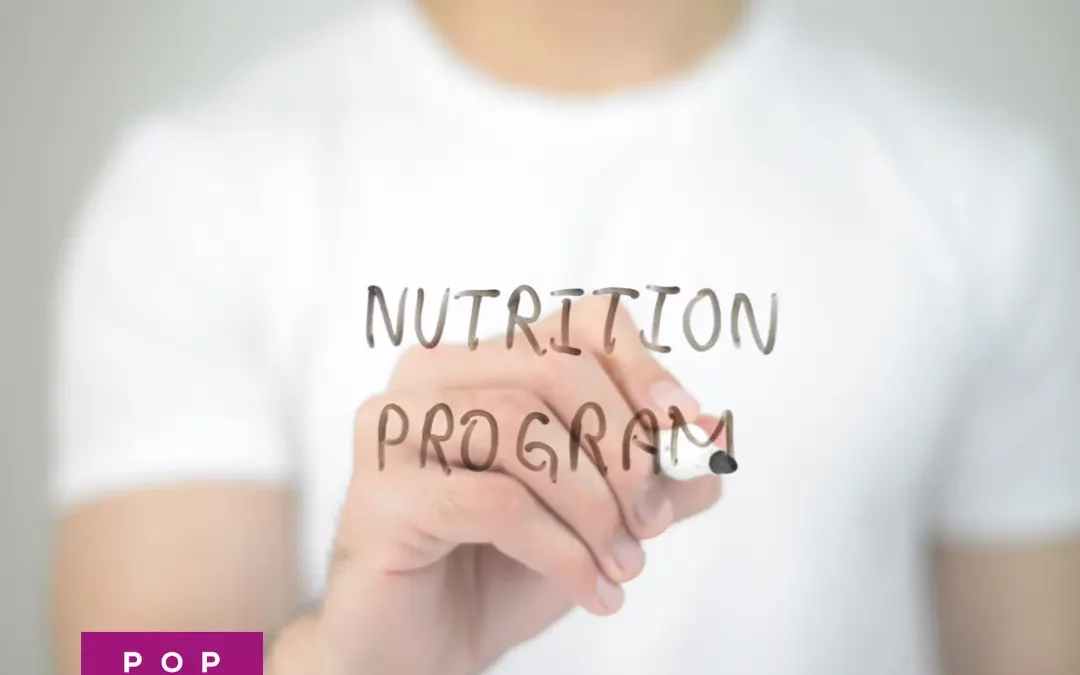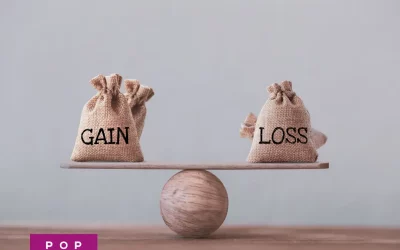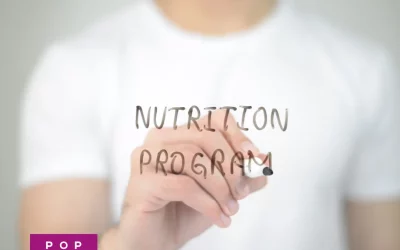IMAGINE …
You have just achieved your number 1 goal.
Put yourself in that state. All that hard work. Everything you wanted to accomplish is now yours.
What does that feel like? Visualize it. Really feel it.
Now, IMAGINE …
The exact opposite.
Your worst nightmares have just come true. All the things you feared have just happened.
What does that feel like?
In the first scenario, it probably felt pretty great. Like true happiness and fulfillment.
In the second scenario, it probably felt pretty awful. Like something that you may not be able to bounce back from.
Here’s the kicker … neither scenario would actually be as good or as bad as you imagined.
The science behind our imagination
Research shows that happiness derived from goal accomplishment is of very short duration.
One reason is because we quickly adapt to new situations so the moment we achieve our goal, we are already looking ahead to the next goal.
We do not stand still on our way to a goal and we often don’t pay attention to already achieved goals.
This is known in the literature as “hedonic adaptation.”
Once the 10 lbs are gone, we are soon used to our new normal. It was once a goal but now it’s part of our standard reality.
Quickly, we are already on to the next goal … 10 more pounds, build muscle, perform better, lift heavier, etc.
The connection between goals and happiness
What about the happiness you thought you would obtain from achieving these goals?
We overestimate that feeling.
This is known as “impact bias.”
Research shows that the feelings we imagine from a future event (both positive or negative … i.e. winning the lottery, losing a job, losing weight, divorce, accomplishing a goal) will not be as impactful in reality as we imagined in our heads.
In both positive and negative circumstances, we see a short duration of happiness or pain, and then a return to a baseline level of happiness.
It’s almost like we have this happiness set point that we return to after an event or goal is achieved.
Why is this important?
How may times have you attached your happiness to a goal or an event?
I’ll be happy when … (fill in the blank).
Knowing the concepts of impact bias and hedonic adaptation, we can stop tying our happiness to an external event.
We can begin to look internally and what the pursuit of those goals mean for us. Our values. The lessons we hope to learn along the way.
We can begin to increase our intrinsic motivation for the pursuit of something (vs. believing it will unlock the secret to happiness and fulfillment).
This will also allow us to stop paying so much attention to an end goal.
As I mentioned yesterday, too much focus on the end goal can actually move you further away from your goal. And, now we know that the end goal isn’t going to live up to the hype in your head anyway.
More confirmation and reason to focus on the process. The daily actions and habits that will inevitably get you there. And, the internal motivators for why you want to pursue that goal in the first place.

